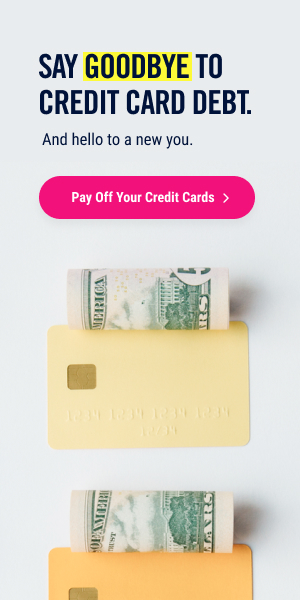I started asking these five questions to ensure my romantic relationships were financially compatible.
Sometimes fights about money aren’t actually about money. Financial issues between partners are the No. 1 predictor of divorce according to many studies, including one published by Sonya Britt and Jeffrey Dew.
Dew says: “It may be that fights about money are actually fights about deeper issues in the relationship — power, trust, etc. … The stress that accompanies financial problems may overwhelm the couples.”
If Britt and Dew are on to something, it’s that couples want to be sure they are on the same page in terms of trust, power and lifestyle — along with traditional stances towards finances — before an epic fight breaks out.
Here are 5 questions I started asking in my early 20s to ensure my romantic relationships were financially compatible.
I ask myself: Can I trust this person?
This question isn’t just about money. It’s definitely important for you to trust that your partner won’t do something shady like get $40 in cash back every day for some illicit habit.
It’s also about trusting your partner so you can tell them you need makeup, or a new hoodie, or even your car fixed because — oops — you backed into something with the car. It’s about not having to check the bank balance every day.
I ask my partner: Is he OK with my work-life balance?
To truly be financially compatible, it’s critical to have honest discussions about what works for both of you. My parents are an example of this. I was lucky enough to grow up with a mom who stayed at home — she was there to make breakfast, drive me to school, pick me up when I got sick and help me with my homework. My dad worked long hours to make sure we always had what we needed — never in excess, but enough to be happy and healthy.
To truly be financially compatible, it’s critical to have honest discussions about what works for both of you.
And one of my best friends left the workforce entirely, supported by her partner, to re-establish her health after getting burned out in the real estate industry. They are exceptionally financially compatible — and because of that, now proud parents as well.
I ask myself: What do our respective savings look like?
I currently have no savings, no Roth IRA and recently cashed out the only 401K I’ve had from working a 9-to-5 job. To me, having a relationship with someone with a large nest egg would be frightening. So many what-if’s could go through my head, leading me back to question No. 1: If that person had so much money, yet I lived month to month on payments from clients, how would that power dynamic play out in our relationship?
At the end of the day, choosing a partner with a similar approach to savings means we can both start from square 1 and learn to save our own way. We can negotiate the terms, decide where to put the money, sit down with financial advisors when we get a windfall and have fun when a little extra cash hits our account if we want.
I ask my partner: How do you like to spend money?
This is my favorite question to ask when I’m getting serious in a relationship. When my husband I first started dating, I made a conscious decision to cut back on my personal groceries and put that money toward restaurants. Our dates consisted of walks around the lake, going on hikes and finding ways to enjoy each other’s time without spending much money.
We both find a way to live the way we want the best we can by spending appropriately.
In the past few years, despite our lack of a proper vacation or honeymoon, we’ve sneaked in a few weekend getaways during the off-season to local hotels, booking a late-night massage and enjoying breakfast at an adjoining restaurant. We both find a way to live the way we want the best we can by spending appropriately.
I ask my partner: How open and honest are you about your debt?
I’ve been more open about my debt recently — writing about my struggles with bankruptcy more than once — but it wasn’t until the first week of dating my now-husband that I told him about my student and consumer debt. Luckily, he knew that if and when we got married, he’d be helping to support those payments.
If you avoid being open and honest about money and debt in your relationship, you might not end up in such a sour situation as divorce, but you’ll risk winding up looking like a cliche TV commercial for credit score monitoring.
Written by Kelly Clay


